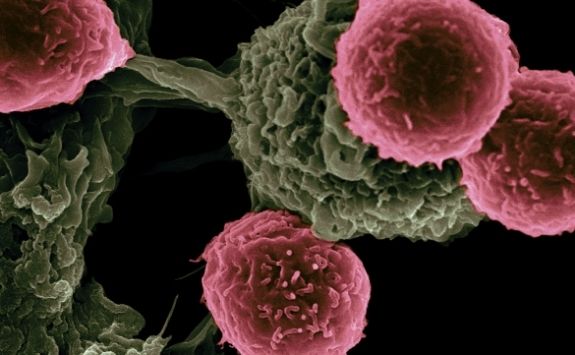Newcastle University Centres of Research Excellence
World-class, multi-disciplinary research
We deliver important research missions through a growing portfolio of Newcastle University Centres of Research Excellence (NUCoREs).
Our Research Strategy sets our ambition for the growth of people and resources. NUCoREs represent priority areas where this growth will occur.
We are growing a portfolio of Centres of Research Excellence to:
- set a visibly-leading mission and strategy for our collective research activities
- catalyse the way we work together across disciplines and with external partners
- provide a venue that gives researchers the freedom and opportunity to succeed
- coordinate our response to the world’s major challenges
The NUCoREs contributors benefit from drawing upon all the resources of the University. They have built teams that are diverse in career routes and career stages. They also focus on disciplinary background and protected characteristics.
Our Centres of Research Excellence exploit Newcastle University’s physical and social cohesion. They make it easy for us to operate as ‘One University’ to deliver multidisciplinary challenge-led research.


















